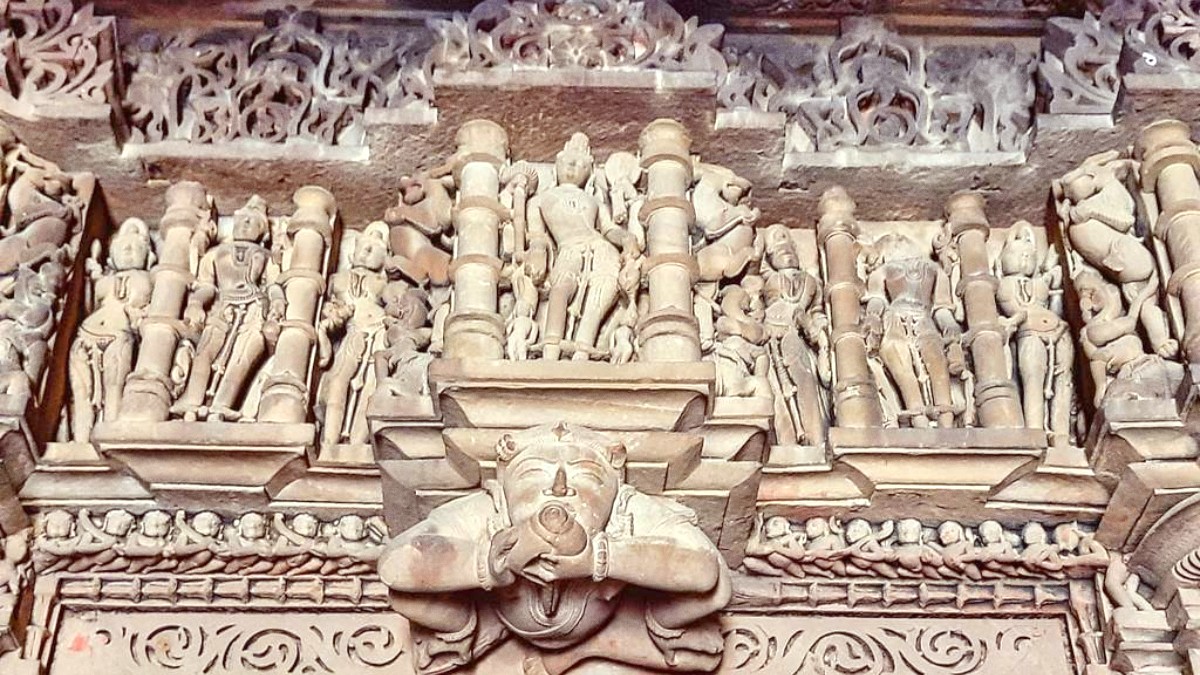
Madhya Pradesh And Chhattisgarh, India
A tool for navigation. Download offline maps for Khajuraho and surrounding areas to use without internet access.
Download the Hindi language pack for offline use. This aids with real-time translation of signs, menus, and conversations.
Widely used in India for communication. Many hotels and small businesses use it for bookings and inquiries.
For quick and accurate exchange rate conversions.
The official app for Indian Railways ticket booking. Useful for train travel within India.
The official government website for visa applications is the recommended resource. Avoid third-party sites.
The official state tourism site provides information on attractions, events, and accommodation within Madhya Pradesh, Khajuraho included.
The official body overseeing monuments. Their website provides historical and architectural details about the temples.
The official Indian Railways website for train schedules and bookings.
Explore official tourism channels for Madhya Pradesh (e.g., @MPTourism on Twitter/Instagram). These accounts often share updates, events, and beautiful photography.
Search for podcasts or YouTube documentaries on "Khajuraho temples history," "Indian art and architecture," or "Madhya Pradesh travel." These provide historical context and travel inspiration.
Travel forums (e.g., dedicated sections on travel websites for India or Khajuraho) offer a platform to ask questions and receive advice from other travelers.
Expat groups on social media platforms for India provide valuable local insights.
Apps like Duolingo or Memrise offer beginner-friendly courses for basic Hindi phrases.
YouTube tutorials for Hindi pronunciation can assist in practicing essential greetings and phrases.
Basic phrasebooks for quick reference offer common phrases for travel situations.
Always have physical copies of your passport, visa, and insurance details stored separately from the originals.
Maintain digital copies on your phone and in a cloud service. This assists significantly if originals are lost.
Khajuraho is generally safe for solo travelers. Maintain awareness of your surroundings, especially for women.
Dressing modestly can prevent unwanted attention, specifically for women.
Inform someone (hotel staff, family) of your itinerary.
Hostels like Zostel feature communal spaces for meeting other travelers.
Engaging with local guides and fellow visitors at the temples can lead to interactions.
Spend time at cafes or local eateries to meet other travelers and locals.
The intricate details of the temples might be less engaging for younger children. The Light and Sound Show offers visual appeal.
Plan activities during cooler parts of the day and ensure constant hydration with bottled water. Carry small towels for cooling.
Select reputable restaurants for children's meals. Carry familiar snacks if your children prefer specific foods.
Using a few basic Hindi phrases creates a positive connection with locals:
"Namaste" (Hello/Greetings)
"Dhanyavad" (Thank you)
"Kya haal hai?" (How are you?)
"Accha hai" (It's good/nice)
"Bahut sundar" (Very beautiful – especially useful for describing the temples)